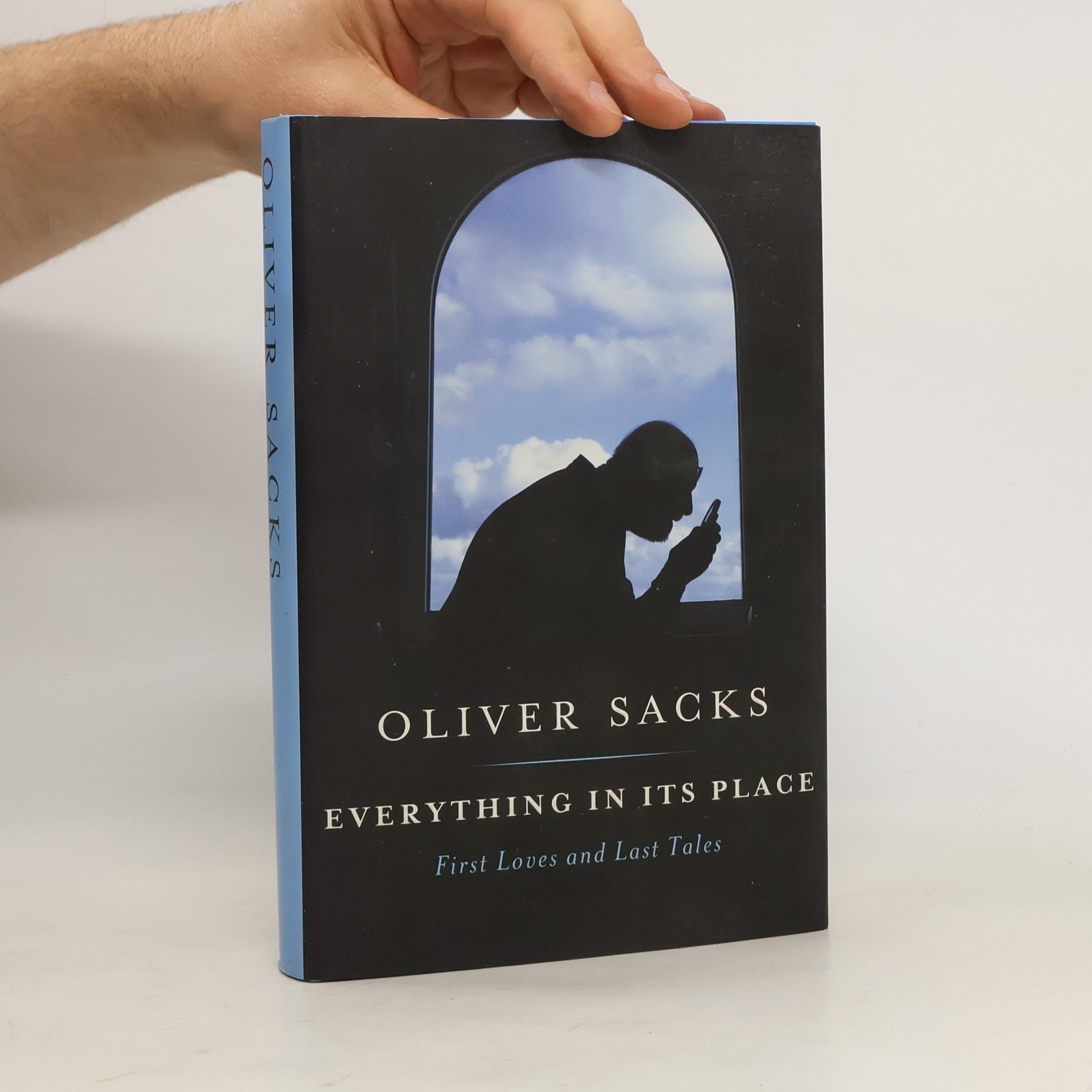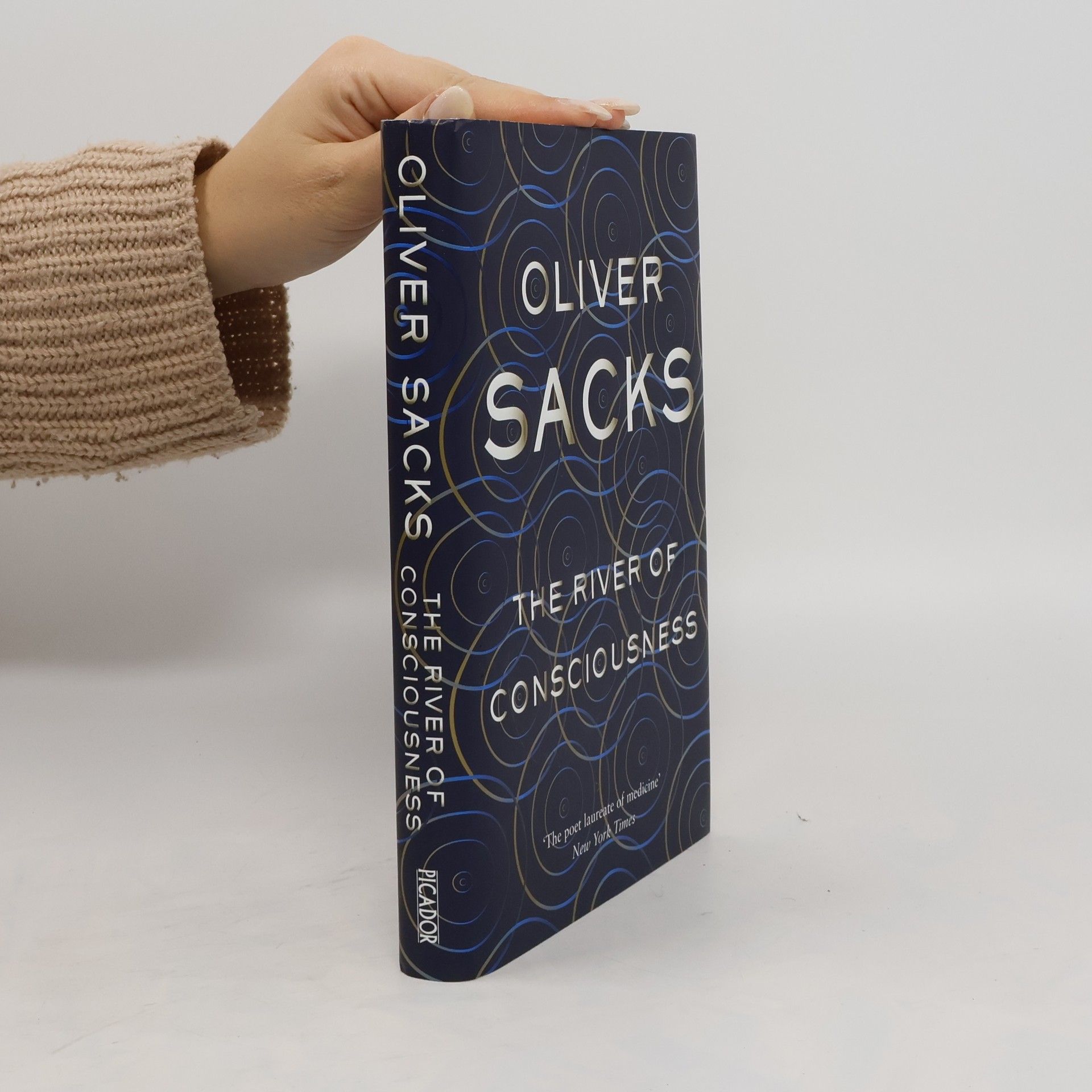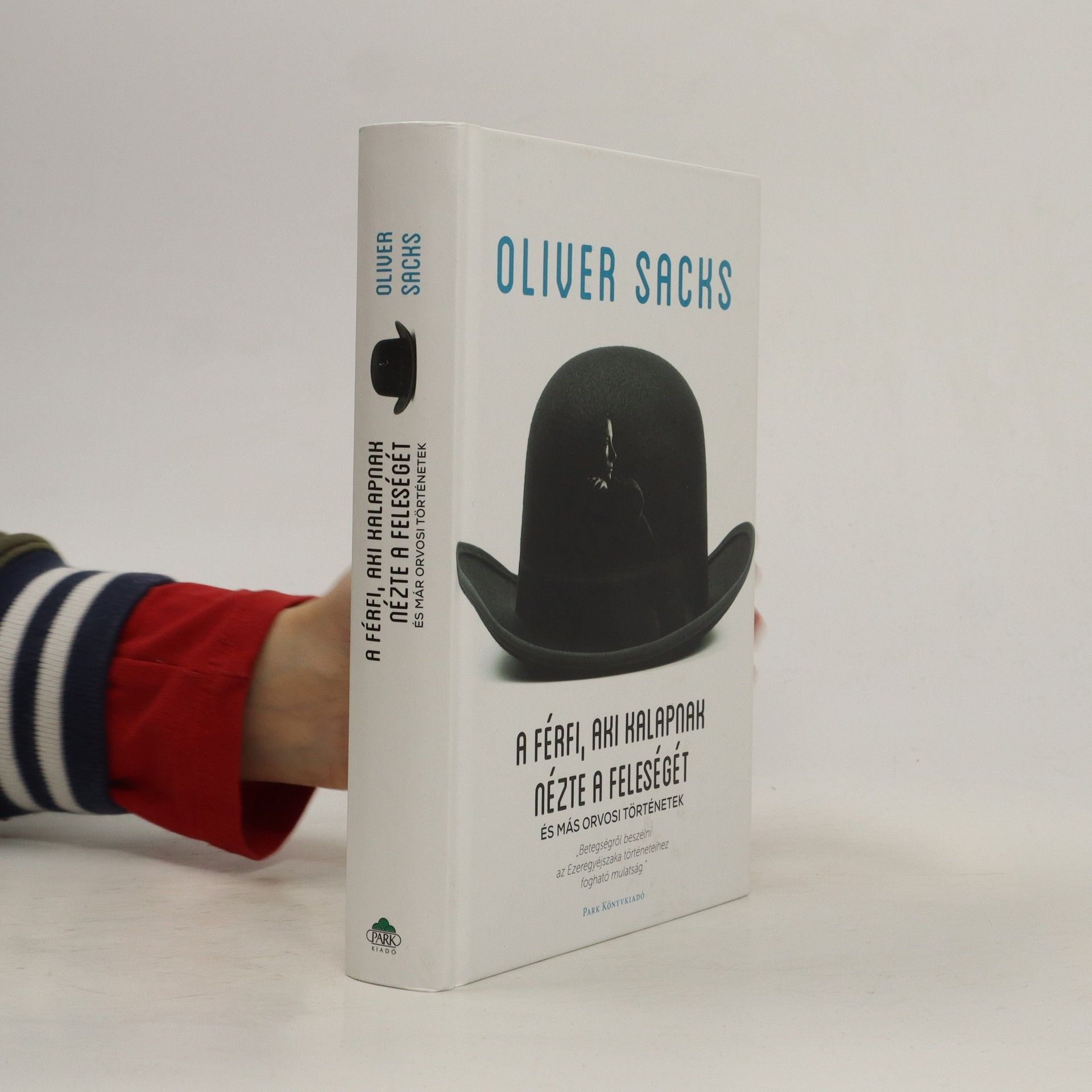The letters of one of the greatest observers of the human species, revealing his passion for life and work, friendship and art, medicine and society, and the richness of his relationships with friends, family, and fellow intellectuals over the decades, collected here for the first time.
Oliver Sacks Book order (chronological)
Oliver Sacks was a British neurologist renowned for his captivating patient narratives that delve into the intricacies of the human mind and brain. His work fluidly bridges scientific inquiry with profound empathy, uncovering extraordinary stories of affliction that reveal the remarkable resilience of the human spirit. Sacks focused on exploring neurological disorders, examining their impact on identity and perception. His approach, consistently humane and inquisitive, invited readers to contemplate the very essence of what it means to be human.




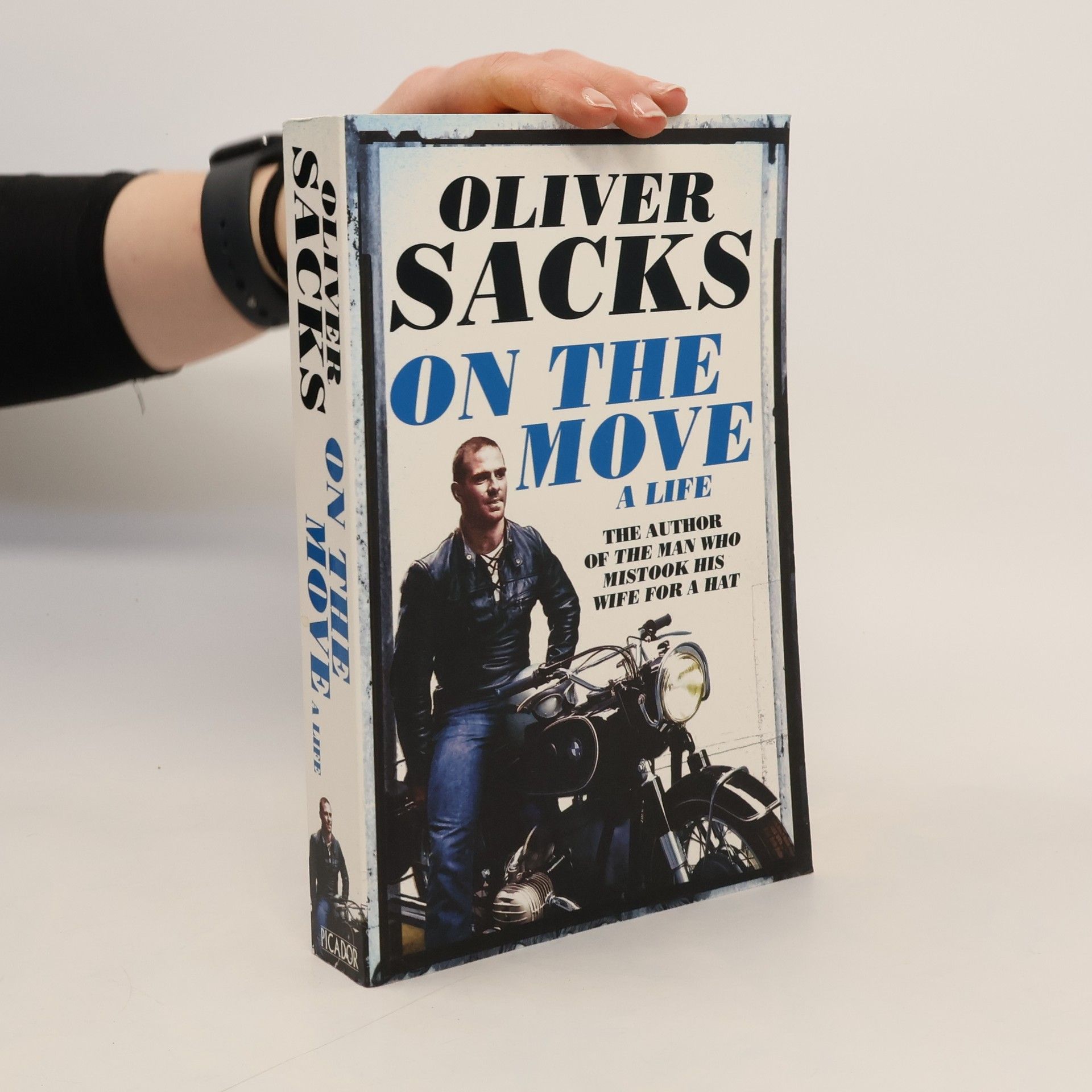

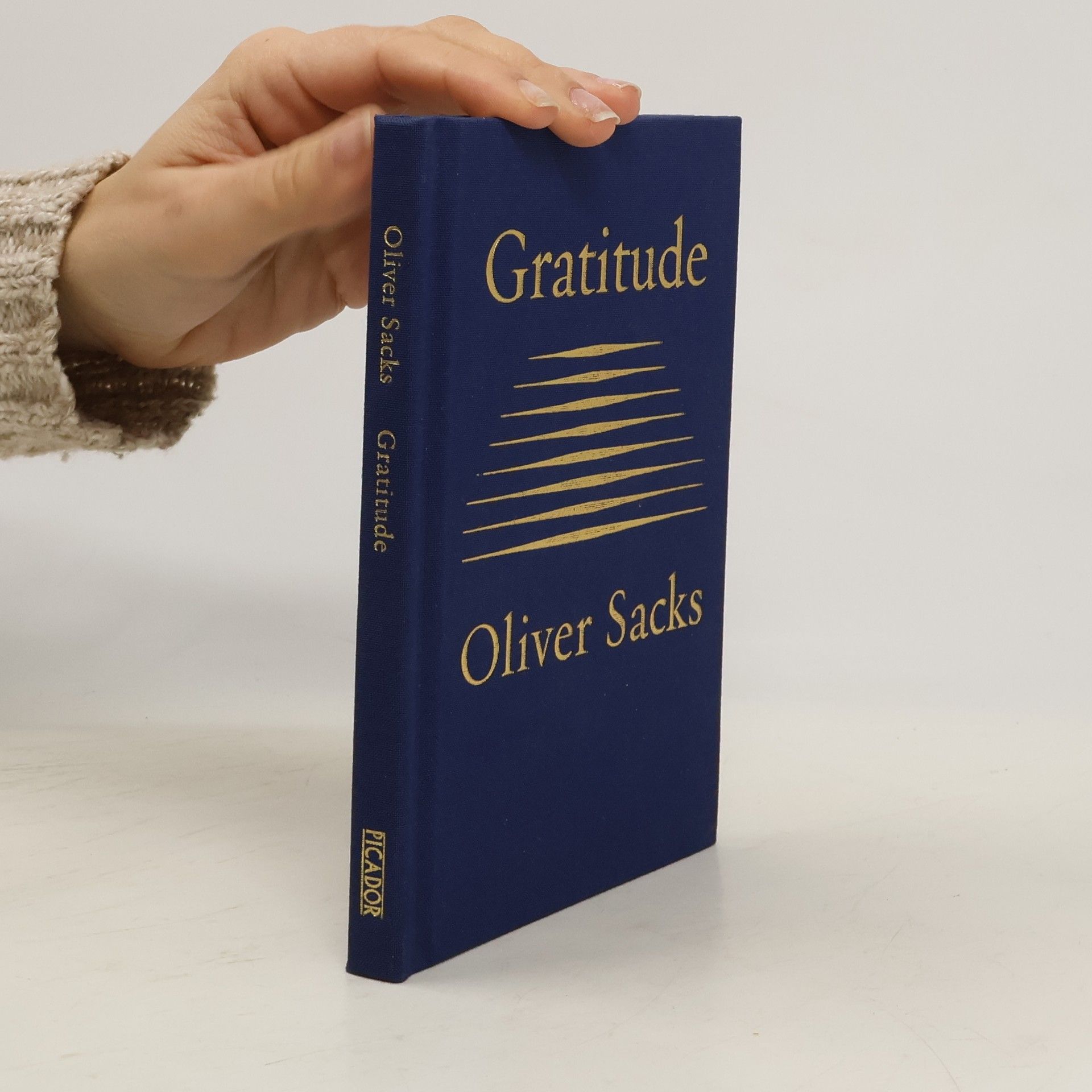
Oliver Sacks: 3 Bände im Schuber
- 1088 pages
- 39 hours of reading
Wszystko na swoim miejscu
- 342 pages
- 12 hours of reading
Oliver Sacks zastanawia się, co czyni nas ludźmi oraz dzieli się swoim zachwytem nad pięknem świata przyrody i treścią życia w XXI stuleciu. W ostatnim zbiorze esejów Olivera Sacksa możemy zobaczyć, jak wielu pasjom się poświęcał, jak wielostronną i rozbudowaną miał wiedzę naukową – a zarazem że był właściwie monotematyczny, gdyż zachwycała go i olśniewała ludzka egzystencja w jej najróżniejszych postaciach. Wszystko na swoim miejscu przynosi teksty poświęcone ogromnie różnorodnym tematom. Na co ludziom ogrody? Jak i kiedy lekarz ma oznajmić pacjentowi, iż ten cierpi na Alzheimera? Jak media społecznościowe oddziałują na nasze umysły? W niektórych z zamieszczonych w tomie tekstów autor po raz pierwszy podejmuje takie tematy jak depresja, psychoza czy schizofrenia, w innych powraca do kwestii, które od dawna go interesowały: zespół Tourette’a, starość, demencja czy halucynacje. „Życie Olivera Sacksa zawsze pełne było zachwytu, pasji i wdzięczności… Przez ponad czterdzieści pięć lat swej aktywności pisarskiej Oliver Sacks tłumaczył nam, jak myślimy, spostrzegamy i pamiętamy, jak kształtujemy swój obraz świata i samych siebie. I dokładnie tak samo jest w jego ostatniej, fascynującej książce”. Nicole Krauss, autorka Historii miłości
Todo En Su Sitio. Primeros Amores Y Ultimos Relatos
- 306 pages
- 11 hours of reading
Muzicofilia
- 384 pages
- 14 hours of reading
Everything in Its Place
- 288 pages
- 11 hours of reading
"In this final volume, Oliver Sacks examines the many passions of his own life, as a doctor engaged with the central questions of human existence, and as a polymath conversant in all the sciences. Everything in Its Place brings together writings--many never before published--on a rich variety of topics. Why do humans need gardens? How, and when, does a physician tell his patient she has Alzheimer's? What is social media doing to our brains? In several of the compassionate case histories included here, Sacks considers the enigmas of depression, psychosis, and schizophrenia for the first time, and in others he returns to conditions that have long fascinated him: Tourette's syndrome, aging, dementia, and hallucinations. In counterpoint to these elegant investigations of what makes us human, this volume also includes pieces that celebrate Sacks's love of the natural world--and his final meditations on life in the twenty-first-century. Everything in Its Place gives us an intimate portrait of a master writer and thinker at work."--Dust jacket.
Všetko na svojom mieste
- 260 pages
- 10 hours of reading
Prvé lásky, posledné príbehy Posmrtne vydaný súbor esejí úspešného autora kníh Muž, ktorý si mýlil manželku s klobúkom, Antropologička na Marse, Halucinácie či Zrak mysle je ukážkou širokého záberu záujmov Olivera Sacka – od vášne pre paprade, plávanie a múzeá po jeho záverečné klinické príbehy o schizofrénii, demencii a Alzheimerovej choroby. Vedca a spisovateľa Olivera Sacksa si čitatelia obľúbili vďaka jeho klinickým prípadom z neurológie a fascinácii tými najneočakávanejšími a najnezvyčajnejšími prejavmi ľudského správania a snahe o ich pochopenie. Všetko na svojom mieste je oslavou jeho nespočetných záujmov, o ktorých píše so svojím typickým šarmom a erudovanosťou a vycibreným štýlom. Je to ohromujúci pohľad do mysle človeka fascinovaného okolitým svetom, ktorý aj po smrti naďalej fascinuje svojich čitateľov.
The River of Consciousness
- 256 pages
- 9 hours of reading
The River of Consciousness is a remarkable culmination of a lifetime's research into the way the brain works by the celebrated late neurologist Oliver Sacks.
A híres angol neurológus esettörténeteiből a testi-szellemi fogyatékossággal küszködő emberek belső világáról kaphatnak képet az olvasók. Ezek az emberek - mi- közben valamilyen téren súlyosan károsodtak - olykor különleges képességekkel rendelkeznek, nemegyszer többet tudnak a világról, mint egészséges társaik. A történetek olvasói előtt feltárul az emberi természet gazdagsága, és az a lehetőség, hogy más szemmel tekintsenek fogyatékos társaikra.
On The Move: A Life
- 397 pages
- 14 hours of reading
When Oliver Sacks was twelve years old, a perceptive schoolmaster wrote in his report: 'Sacks will go far, if he does not go too far.' It is now abundantly clear that Sacks has never stopped going. From its opening pages on his youthful obsession with motorcycles and speed, On the Move is infused with his restless energy. As he recounts his experiences as a young neurologist in the early 1960s, first in California and then in New York, where he discovered a long forgotten illness in the back wards of a chronic hospital, as well as with a group of patients who would define his life, it becomes clear that Sacks' earnest desire for engagement has occasioned unexpected encounters and travels - sending him through bars and alleys, over oceans, and across continents. With unbridled honesty and humour, Sacks shows us that the same energy that drives his physical passions - bodybuilding, weightlifting, and swimming - also drives his cerebral passions. He writes about his love affairs, both romantic and intellectual, his guilt over leaving his family to come to America, his bond with his schizophrenic brother, and the writers and scientists - A.R. Luria, W.H. Auden, Francis Crick - who influenced him. On the Move is the story of a brilliantly unconventional physician and writer - and of the man who has illuminated the many ways that the brain makes us human


